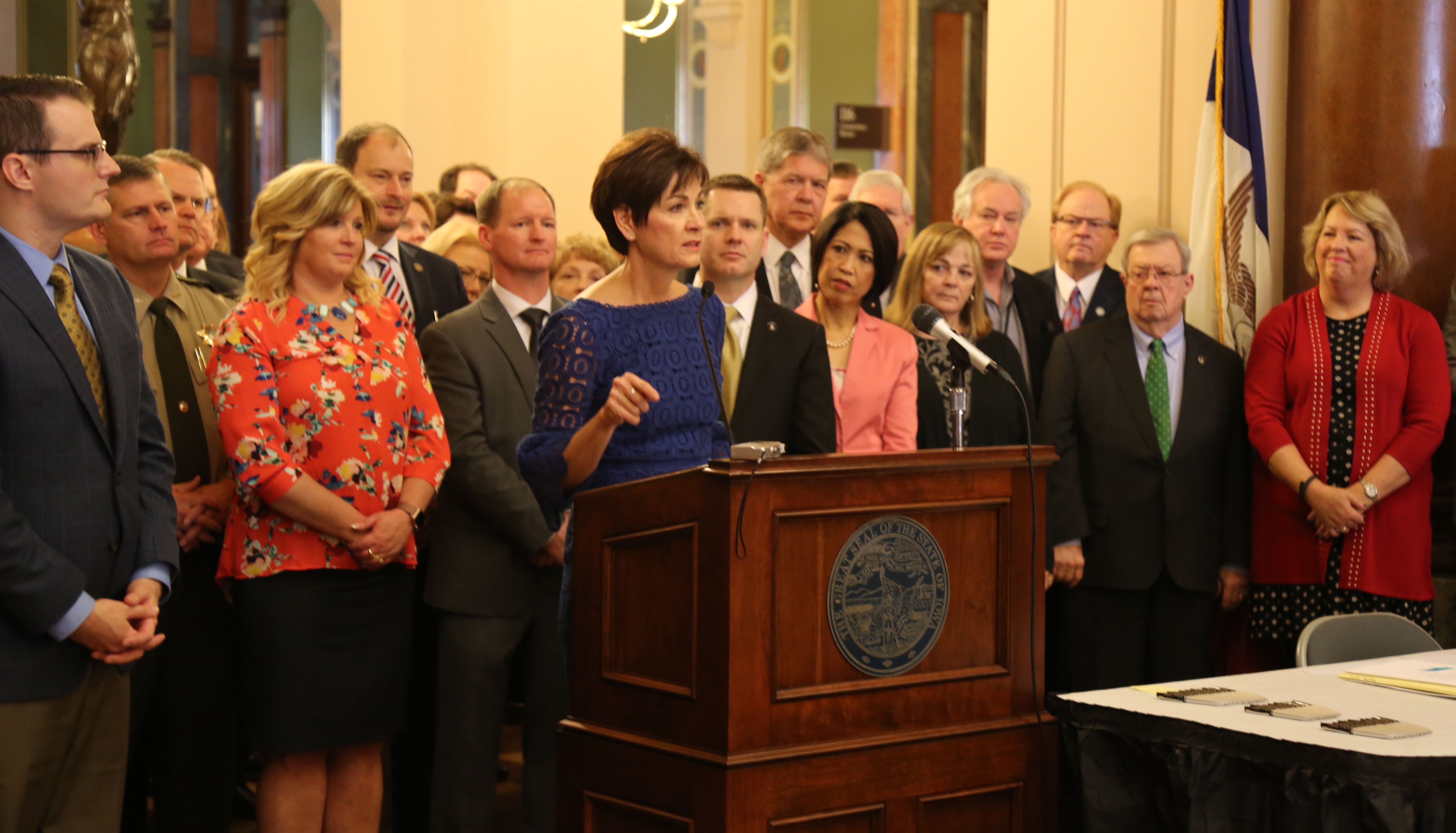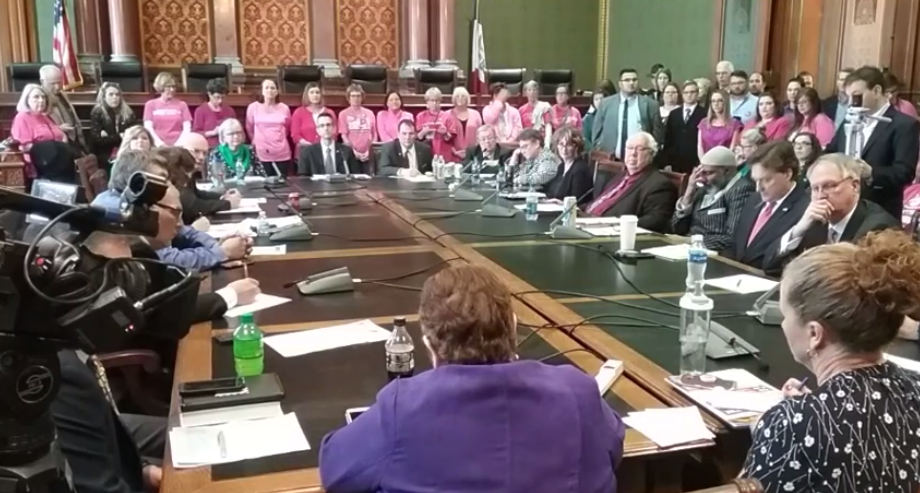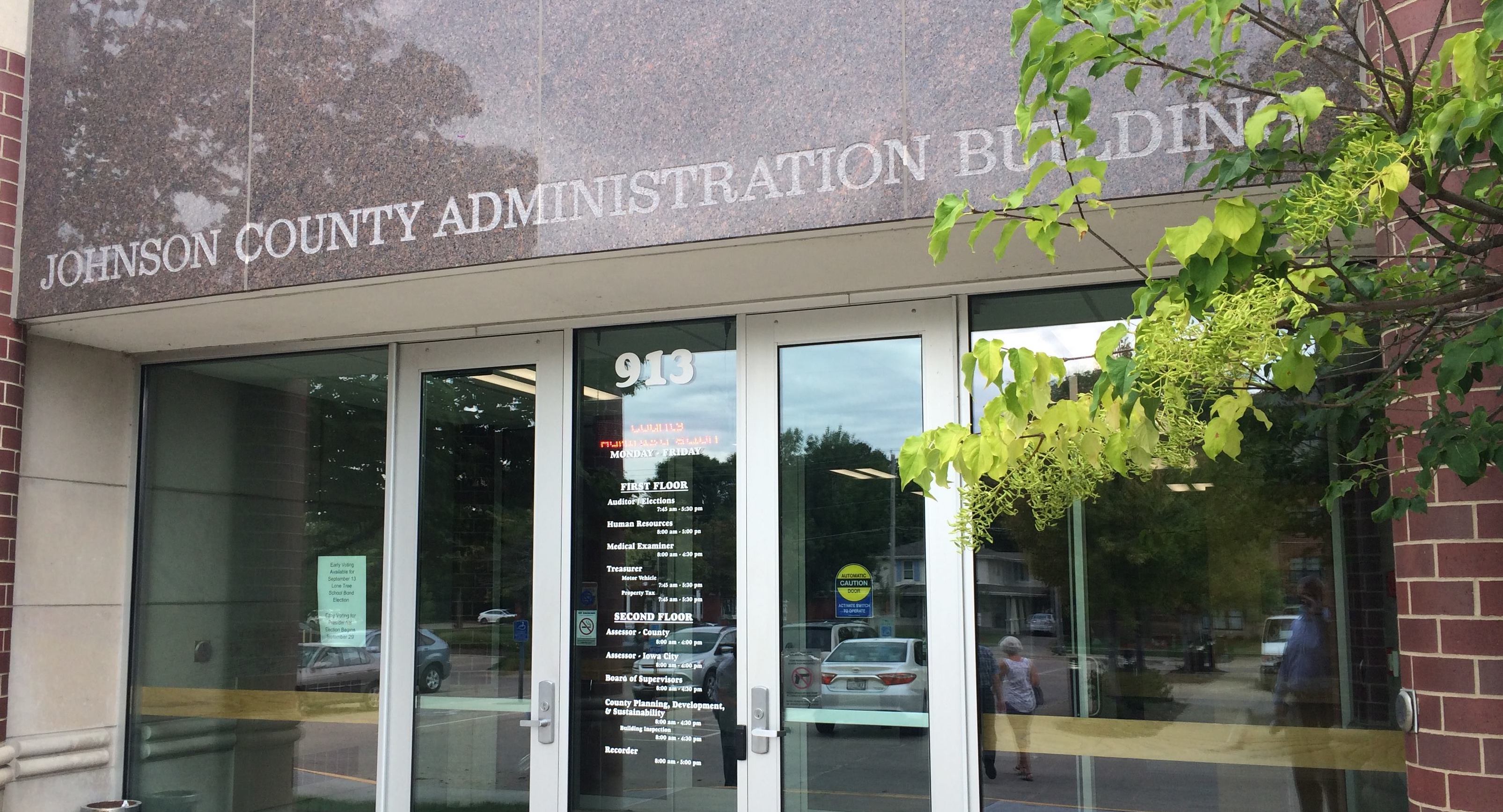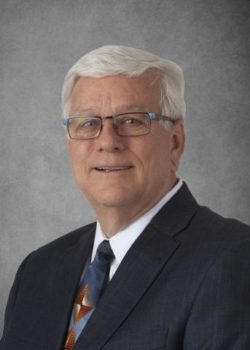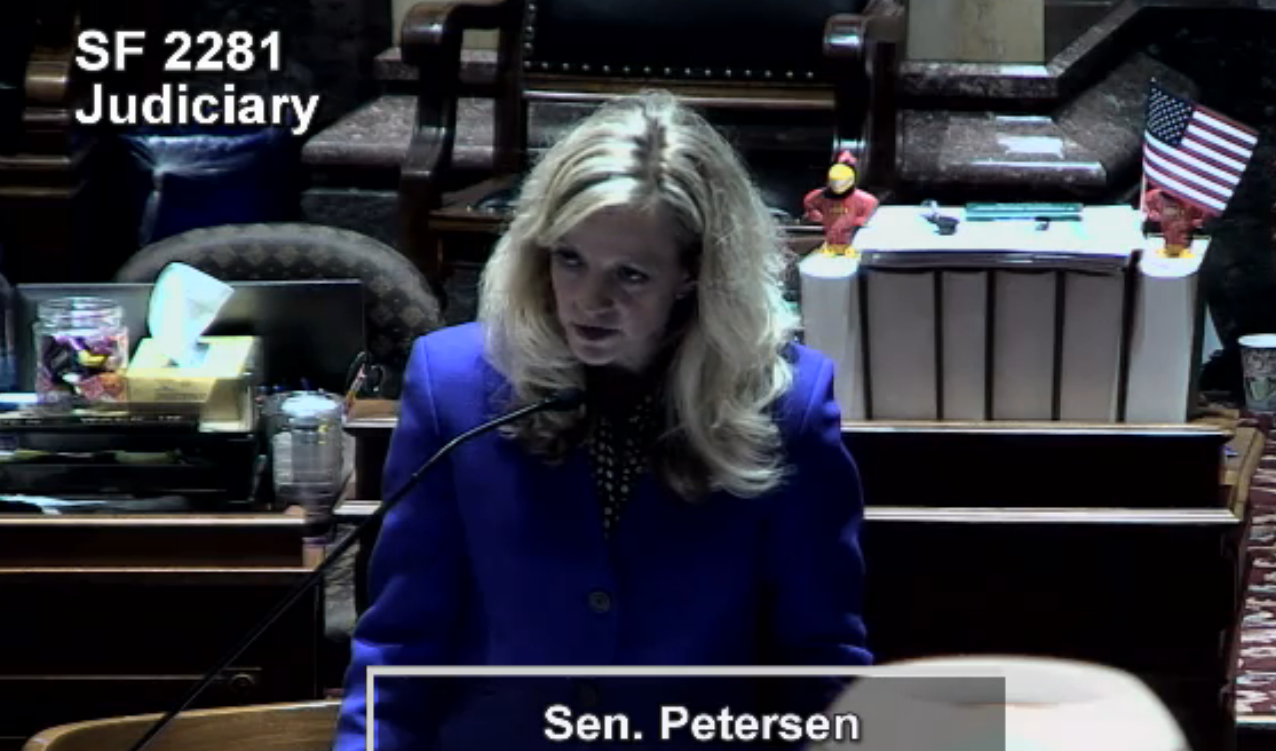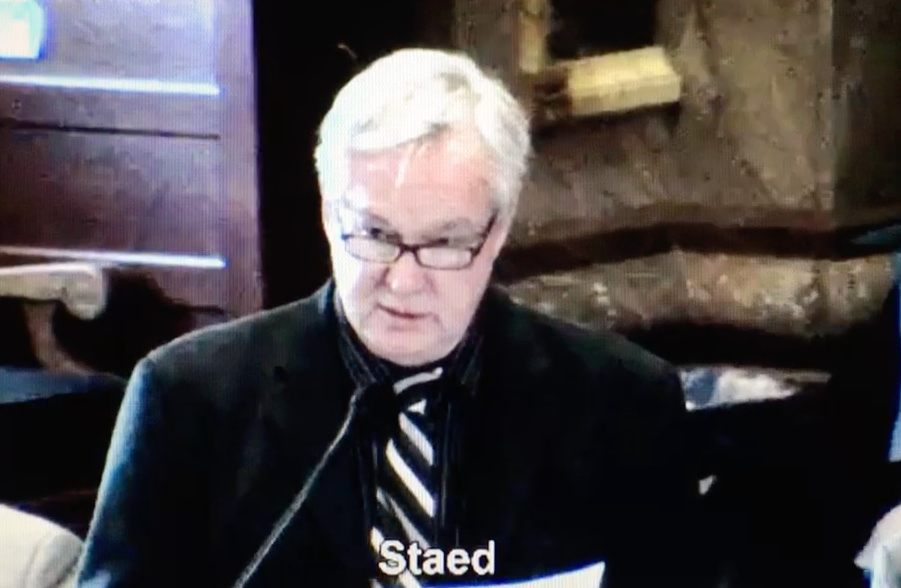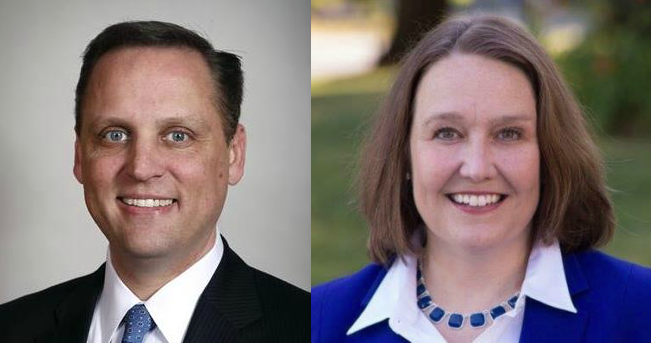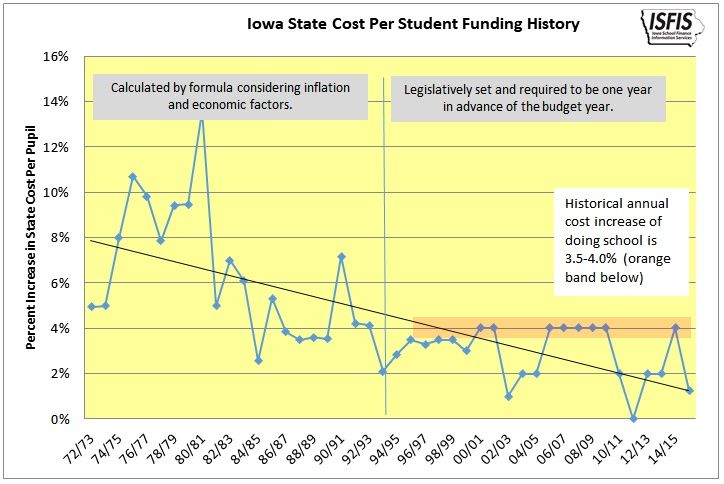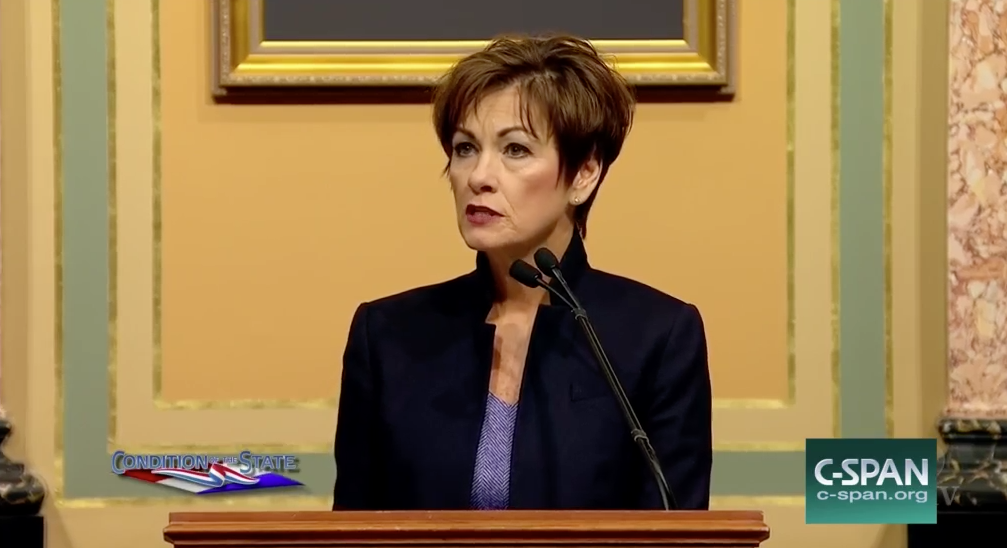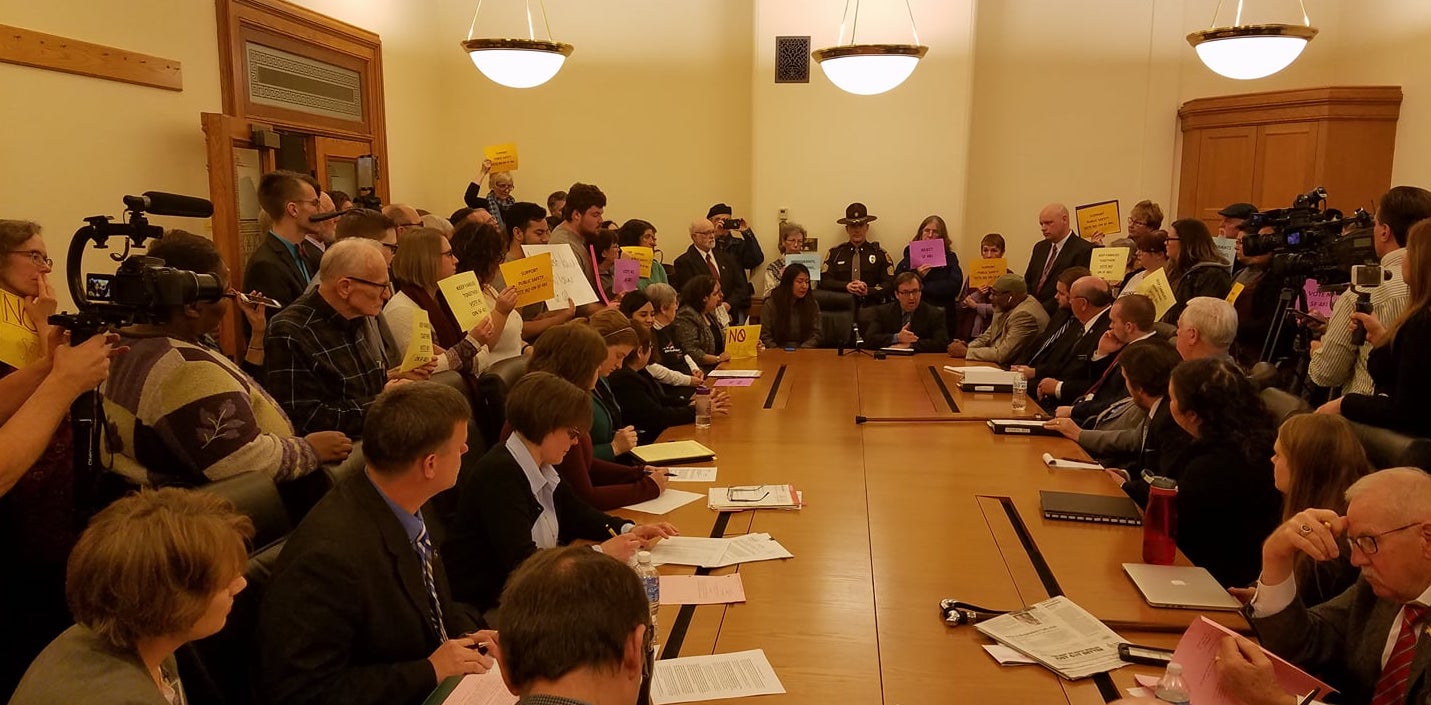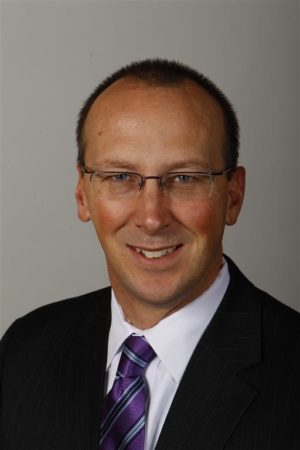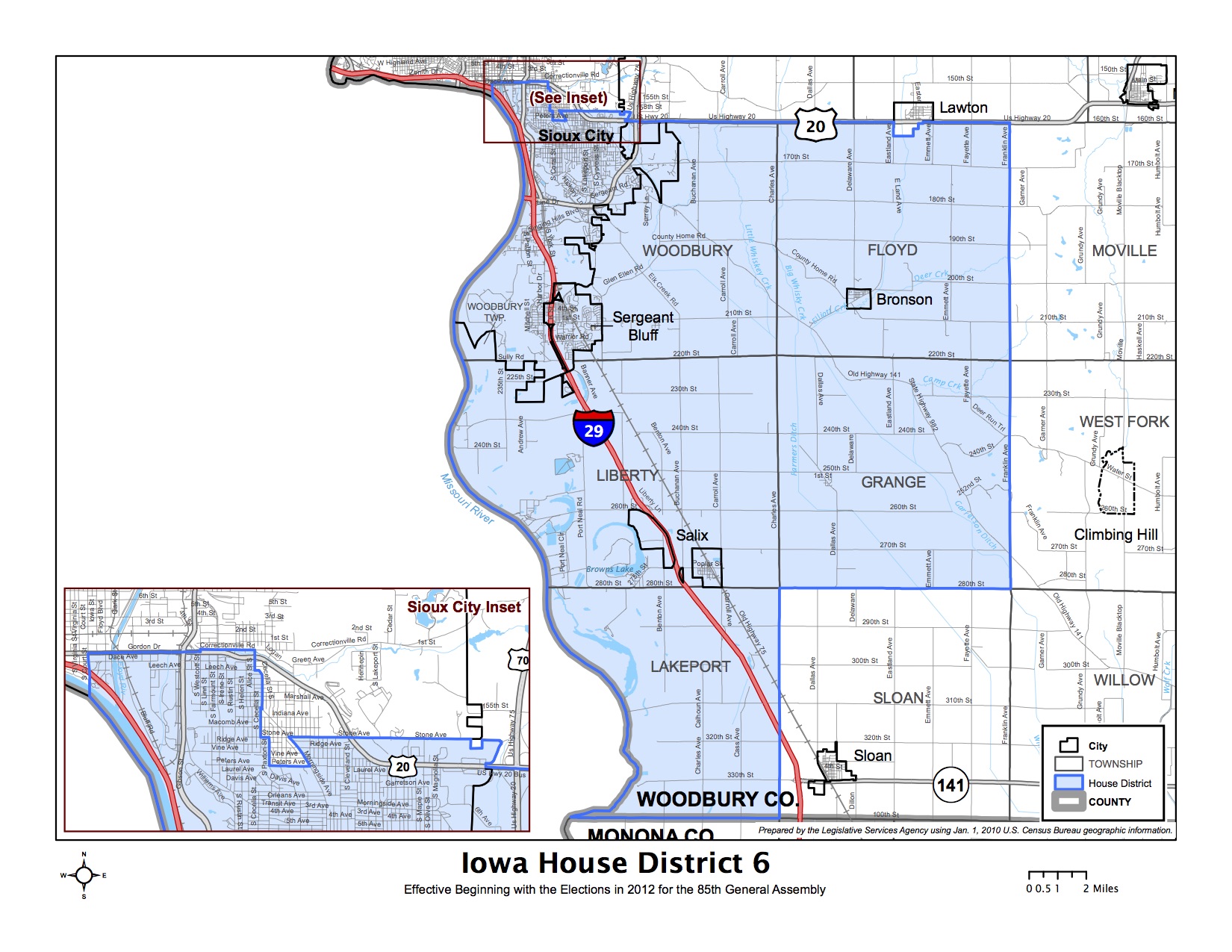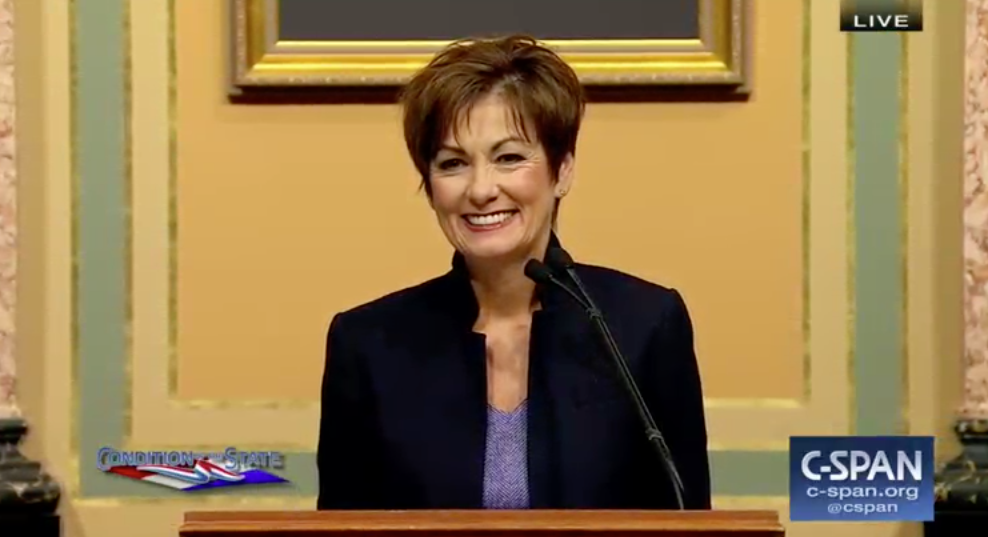Voters in Iowa House district 6 will elect a successor to Republican State Representative Jim Carlin on January 16, under a proclamation Governor Kim Reynolds issued today. Carlin resigned his House seat after winning last week’s special election to represent Iowa Senate district 3.
Iowa Code normally requires the governor to give “not less than forty days’ notice” before setting an election to fill a vacancy in the state legislature. But if the vacancy occurs within 45 days of the start of the next legislative session (in this case January 8), state law calls on the governor to “order such special election at the earliest practical time, giving at least eighteen days’ notice.”
House district 6 covers the Morningside area of Sioux City, Sergeant Bluff, and some parts of rural Woodbury County (see map above). The district leans to the GOP, with 5,004 active registered Democrats, 7,787 Republicans, and 6,587 no-party voters, according to the latest figures from the Iowa Secretary of State’s office. Voters here favored Donald Trump for president over Hillary Clinton by 62.4 percent to 32.5 percent.
Yet Democrats ready to fight for this seat packed the room for the December 20 Woodbury County party central committee meeting. Why are they so energized? As Josh Hughes explained in his precinct-level analysis of the Senate district 3 results, “Just 13 months ago, Carlin won an open seat here with 65 percent of the vote against a relatively well funded Democratic candidate. On Tuesday, Carlin received just 48 percent of the vote in his home district.”
Hughes showed in this table how every precinct in House district 6 “moved leftward by double digits” between the 2016 general election and last week’s special election:

Carlin spent less than $10,000 on his Senate district 3 bid. I expect Republicans to spend more defending House district 6, including radio and possibly television commercials. However, the truncated campaign won’t leave time for six-figure spending from both parties, as happened before last summer’s special election in House district 82.
Both parties will select nominees at special district conventions soon. I haven’t heard of any confirmed candidates. Sioux City school board member Perla Alarcon-Flory, the 2016 Democratic nominee in House district 6, may take another crack at the seat. Todd Wendt has strong Sioux City roots but is ineligible, because he lives in the other half of Senate district 3 (House district 5).
UPDATE: Bret Hayworth reported for the Sioux City Journal last week that Jacob Bossman, a longtime staffer for Senator Chuck Grassley, is seeking the GOP nomination here. Bossman lost the 2016 primary to Carlin. He has a campaign website and is on Twitter and Facebook.
Via Iowa Starting Line, Rita DeJong is running for House district 6 as a Democrat. DeJong is also on Twitter and Facebook. Here’s the bio from her campaign website:
Continue Reading...


